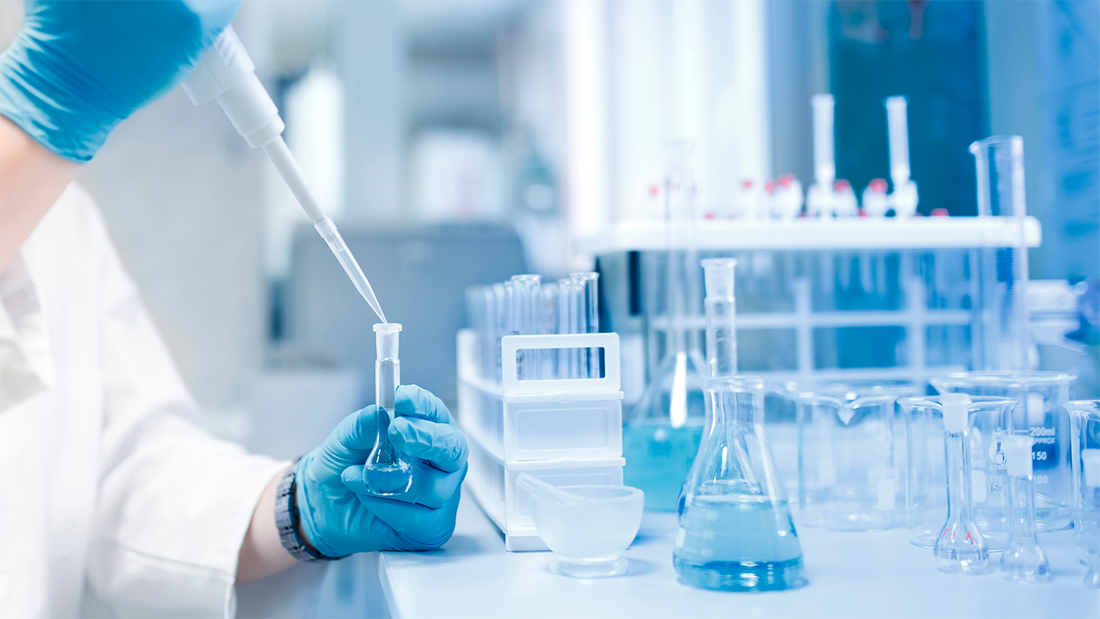The use of preservatives in medicines such as acetaminophen, insulin, and cough syrup helps prevent microbial contamination. The purpose of drug preservatives is to prevent the growth of microorganisms, such as bacteria and fungi, that may cause disease or infection.
Most widely used drug preservatives are Methyl Paraben, Ethyl Paraben, PropylParaben, Phenol, Benzoic acid, etc. However, there are two main types of drug preservatives you should know.
Types of Drug Preservatives
Antioxidants
Pharmaceutical products contain these additives to prevent oxidation-related deterioration. There are three groups of antioxidants. But the first group is widely used to inhibit oxidation by reacting with free radicals and blocking their chain reaction.
Anti microbial
The antimicrobial agents mainly work by inhibiting the cell wall, cell membrane growth, or other bacterial organelles. Two main subgroups of antimicrobial preservatives exist: antifungal preservatives and antibacterial preservatives. The most common antifungal preservatives are benzoic and ascorbic acids and their salts, as well as phenols (parabens), such as methyl, ethyl, propyl, and butyl p-hydroxybenzoate. On the other hand, compounds such as quaternary ammonium salts, alcohols, phenols, and mercurials are antibacterial preservatives.
Various pharmaceutical solutions containing drug's preservatives
Sodium Benzoate
Sodium benzoate is used primarily as an antimicrobial preservative in cosmetics, foods, and other pharmaceutical formulations.
It is used as a bacteriostatic agent with fungistatic activity in many drug formulations
Alcohols
One of the most widely used alcohol is ChloroButanol which acts as a bacteriostatic agent and exhibits preservative properties.
Mercurial Compounds
It is used as a bacterial preservative in drug preparation and also used in topical antiseptics.
Benzyl Alcohol
Peptide and protein products are commonly preserved with phenol and benzyl alcohol, while vaccines are preserved with phenoxyethanol.
Parabens
Preservatives commonly used in cosmetics include parabens. Propylparaben and methylparaben are widely used in medicines.
All the preservatives must undergo PET (Preservative Efficacy Testing). These tests involve a product with a defined number of colony-forming units of various microorganisms including bacteria, fungi, etc. The results are monitored for 28 days and if the compound passes these tests, only then it is validated for other examinations and ultimately used in drugs as preservatives.





